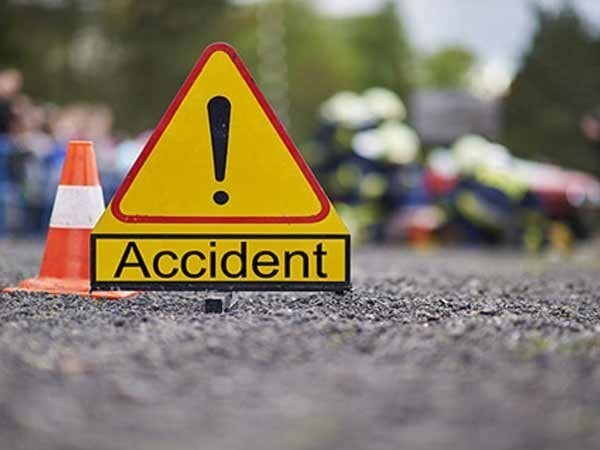Bangladesh envoy lauds role played by Indian political, military leadership in 1971 Liberation War
Nov 24, 2021

New Delhi [India]: November 24 : Bangladesh High Commissioner Muhammad Imran on Wednesday highlighted the role played by Indian political and military leadership in its Liberation War (1971).
In his speech at the event organized by the Indian Army's think-tank Centre Land Warfare Studies (CLAWS) to release the book 'Bangladesh Liberation @50 years 'Bijoy', Muhammad Imran High Commissioner mentioned the atrocities committed by the then Pakistani army before and during the freedom struggle of Bangladesh.
In his speech, the Bangladesh High Commissioner acknowledged the profound role played by the Indian Army in training Bangladesh's freedom fighters.
"The Indian Army fought with our independent freedom fighters to liberate our Motherland," the Bangladesh High Commissioner said.
"In the years from 1971, India and Bangladesh extended their scope of relations through mutual development," he added.
The year 2021 is of special significance as both countries celebrate 50 years of diplomatic relations which also coincides with the Golden Jubilee of Liberation of Bangladesh and the birth centenary of Bangabandhu Sheikh Mujibur Rahman.
During the 1971 War, Indian and Bangladesh forces were put under a joint command structure led by Lt. Gen. Jagjit Singh Aurora, and this force came to be known as Mitro Bahini. It was instrumental in securing the surrender of the Pakistan Army and the liberation of Bangladesh in December 1971.
Pakistan Army started a genocidal campaign in East Bengal in March 1971. A total of 3 million people were killed and over 200,000 women were raped with horrific brutality by the Pakistan Army. Over 10 million people from East Bengal took refuge in India fleeing from Pakistani atrocities.
India provided moral and material support to the "Muktijoddhas" in their struggle for independence. It was a reflection of deep emotional and civilizational ties between people of two countries. Over 1650 Indian soldiers made supreme sacrifices fighting for the Liberation of Bangladesh in 1971.
The High Commissioner also mentioned that Bangladesh has tried to maintain cordial relations with India after the Liberation War despite outstanding issues and changes in the democratic polity in Dhaka.
In his speech, the High Commissioner also mentioned the need for both India and Bangladesh to sort out outstanding issues such as water-sharing and boundary disputes through dialogue.




















